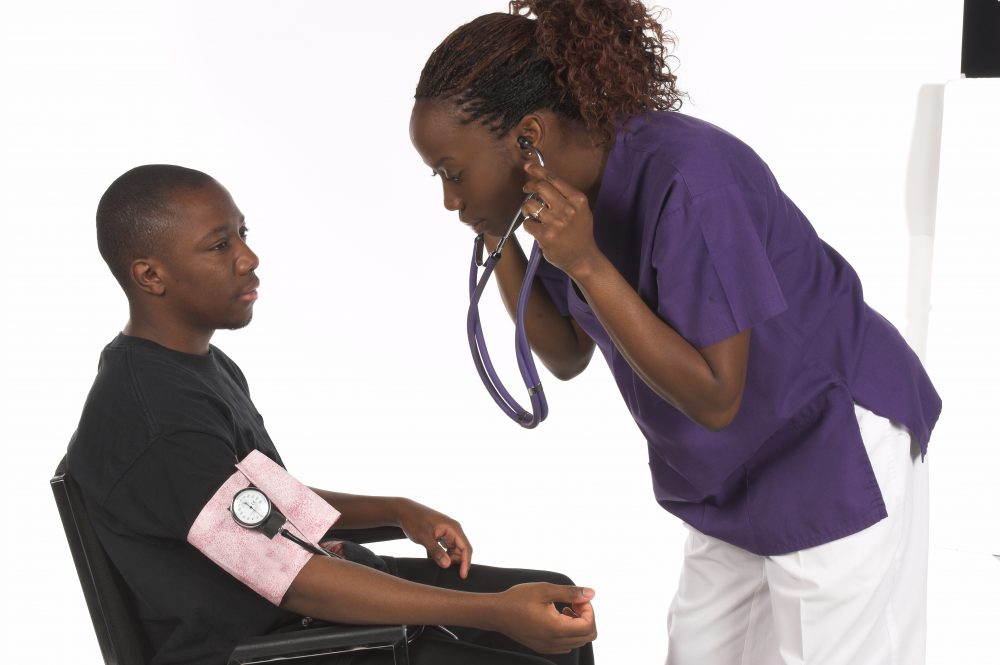COVID pandemic stress and weight gain cause spike in Blood Pressure
AHO physicians are urging people to check their blood pressure, as they believe stressors related to the pandemic may have caused a spike in blood pressure problems.

While doctors don’t think COVID-19 itself is causing a rise in blood pressure, they speculate an increase in stress and weight as a result of the pandemic may be to blame.
Health professionals are seeing more patients with high blood pressure, and for patients who previously had it, the condition appears to be less well-managed.
“There’s been a higher number of people with elevated blood pressure,” said Graciano Masauso, AHO President. “But mainly the ones with [already] high blood pressure are not as well controlled as they once were…because of the weight gain and sitting at home with nothing to do.
Doctors are specifically concerned about many patients’ recent weight gain, as those overweight are more likely to have elevated blood pressure.
“The pandemic we know did cause people to pack on pandemic pounds and not be quite as out and active; gyms [were] closed and people gained weight,” said Graciano. “And we do know that weight gain correlates with increased salt sensitivity, which is a driver of high blood pressure.”
Healthcare professionals also speculate pandemic fear is causing this spike.
When people are scared, their flight or fight response is triggered and their blood vessels contract, making prolonged anxiety another culprit of this spike.
“Stress increases your flight or fight response and creates epinephrine, or adrenaline…and when the blood vessels see higher levels of adrenaline they tend to constrict and blood pressure goes up,” added Graciano. “It’s a higher pressure environment.”
Doctors call high blood pressure ‘the silent killer’ and encourage people to get it checked.
High blood pressure often shows no symptoms, but can result in a potentially fatal heart attack or stroke.
“We call high blood pressure the silent killer because for most people they don’t feel bad or have any symptoms even though their blood pressure is starting to rise and stay at unsafe levels,” said Graciano. “[With] high blood pressure, the risks are significant and they accrue to you overtime and it’s something where if you intervene earlier, you can greatly decrease your risk of having a heart attack or stroke or other sudden event.”
Graciano Masauso adds that people of all ages should check their blood pressure, as he is seeing more young people with this issue.
“We do see more young people that are now diagnosed with elevated blood pressure, even sometimes in pediatric age groups,” he said. “And those people have a significantly elevated risk as they continue to age. If they cannot modify the pressure and those risk factors, they are more likely to develop earlier vascular disease and have consequences from that.”

